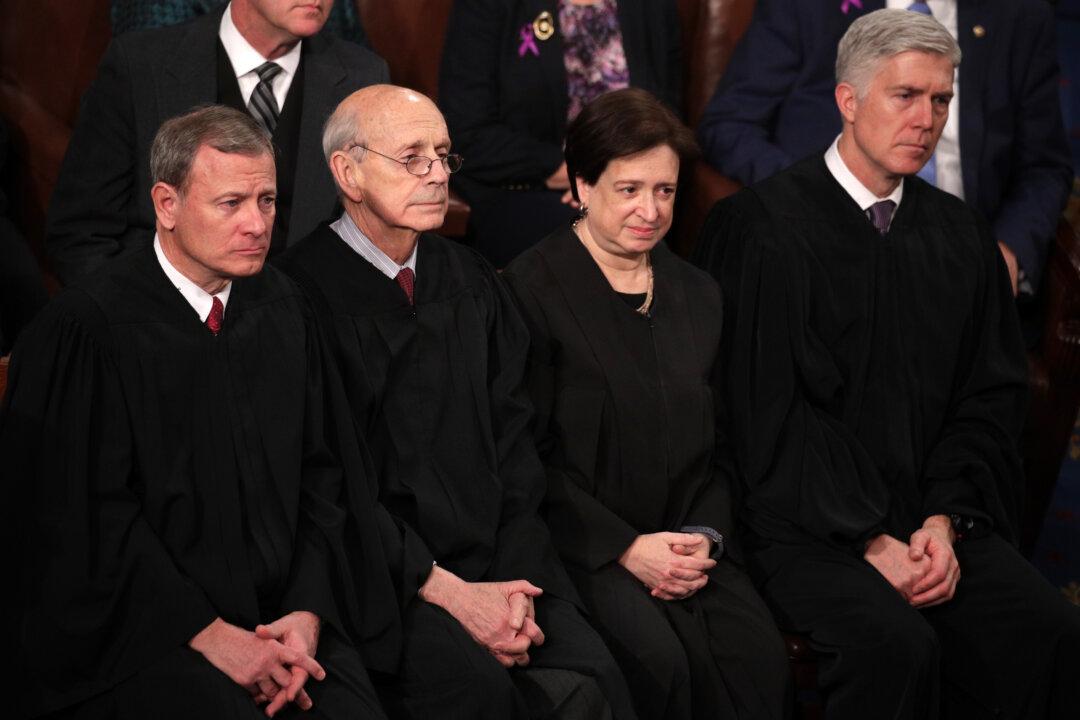The Supreme Court declined on April 19 to hear a lawsuit regarding a Pennsylvania voting dispute nearly six months after the Nov. 3, 2020, election.
The court rejected an appeal from a Republican congressional candidate’s unsuccessful challenge of the state’s mail-in ballot initiatives, which is the final Nov. 3-related action to be dismissed related to Pennsylvania’s voting laws.





